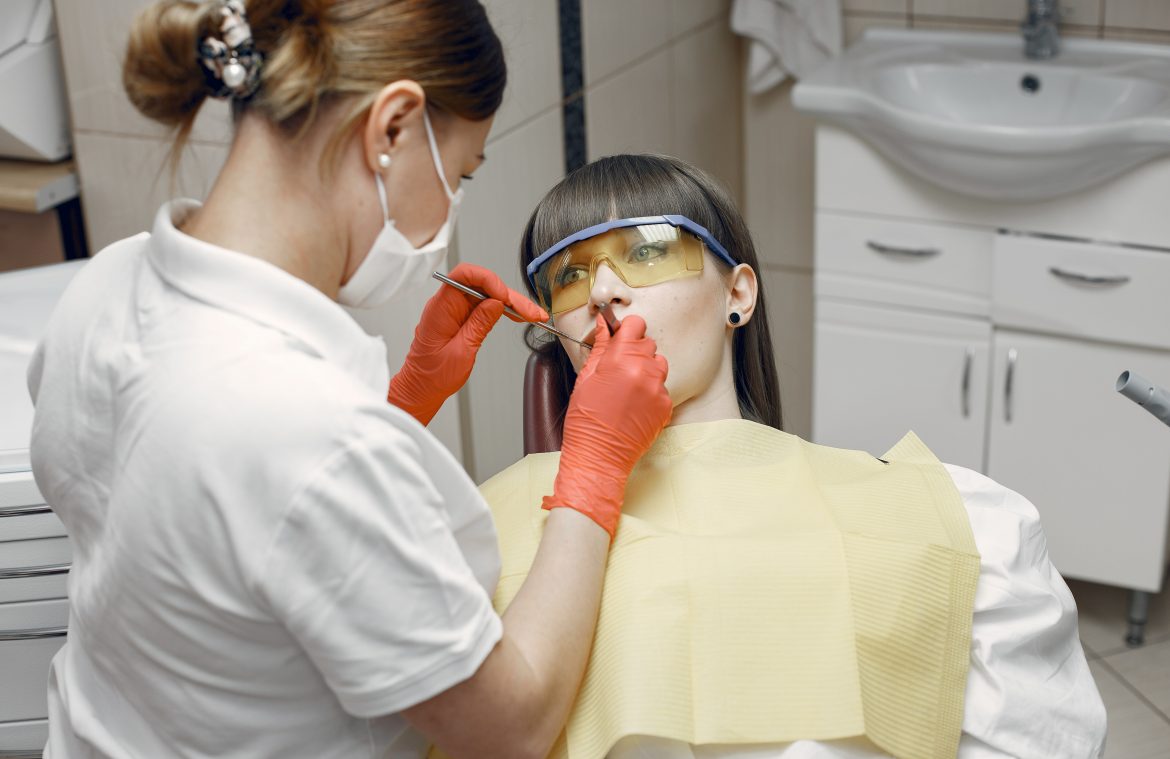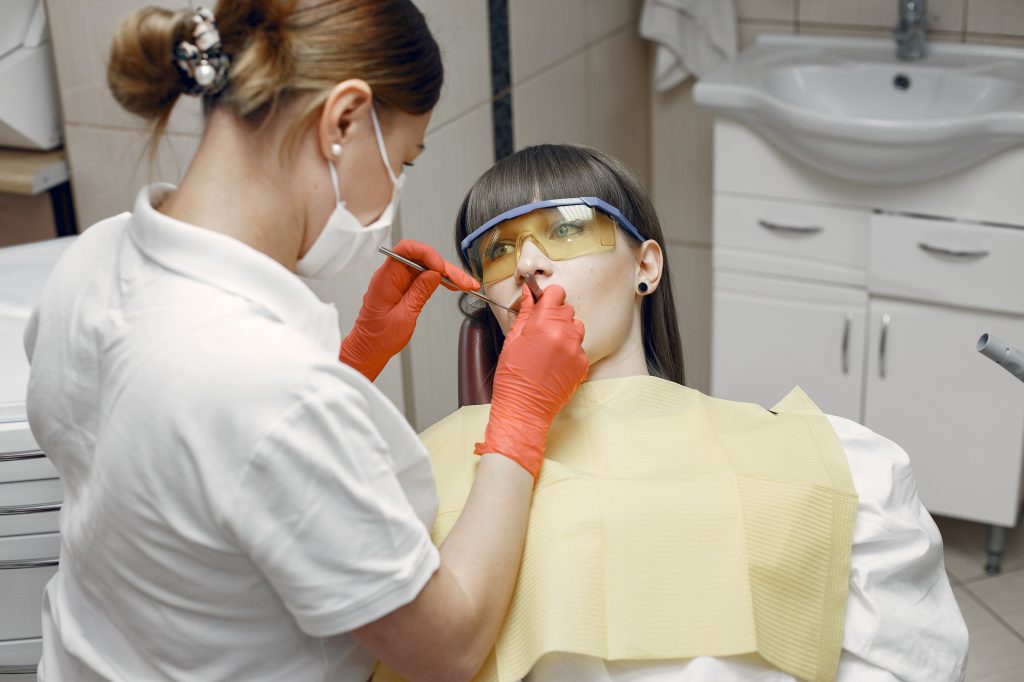

Root resorption is a process where the body breaks down and absorbs the tissue of a tooth’s root structure. It can occur internally (inside the tooth) or externally (on the outside surface of the root). This condition is uncommon and can lead to the gradual weakening of the tooth, causing it to become loose or eventually require extraction.
Types of Root Resorption
- External Root Resorption:
- This type affects the outer surface of the root and can be caused by trauma, pressure from orthodontic treatment (braces), or inflammation due to infection.
- It is more common than internal resorption and may not cause symptoms initially, but it can eventually weaken the tooth structure.
- Internal Root Resorption:
- Internal resorption starts from the inside of the tooth in the root canal. It is often the result of trauma, chronic inflammation, or infection within the tooth’s pulp.
- This form is less common and may only be detected through dental X-rays unless it progresses and causes visible damage or discoloration to the tooth.
Causes of Root Resorption
- Trauma or Injury: A blow to the mouth or tooth can damage the root, leading to resorption.
- Orthodontic Treatment: Excessive or prolonged force from braces or aligners can sometimes cause root resorption.
- Infection or Inflammation: Chronic inflammation or infection around the tooth, particularly in the gum or bone, can lead to resorption.
- Impacted Teeth: Teeth that do not erupt properly, such as impacted wisdom teeth, can put pressure on neighboring teeth, leading to resorption.
- Tumors or Cysts: Certain growths near the tooth root can cause pressure, resulting in root resorption.
Symptoms of Root Resorption
Root resorption often progresses silently, and in many cases, there are no noticeable symptoms until the condition has advanced. However, some possible signs include:
- Tooth Mobility: The affected tooth may become loose as the root structure weakens.
- Discomfort or Pain: In some cases, especially with internal resorption, the tooth may become sensitive or painful.
- Tooth Discoloration: The tooth may darken as the internal structure deteriorates.
- Swelling or Inflammation: External resorption may cause surrounding gum tissue to swell.
Diagnosis
Root resorption is often discovered during routine dental X-rays, as it may not cause symptoms in its early stages. A dentist can see the breakdown of the root structure on radiographs. Cone beam computed tomography (CBCT) scans may also be used for more detailed imaging of the root and surrounding bone.
Treatment Options
Treatment depends on the type and extent of the resorption:
- For External Root Resorption:
- Monitoring: In some mild cases, especially if detected early and the cause (e.g., braces) is removed, monitoring may be sufficient.
- Root Canal Treatment: If the resorption has progressed into the tooth’s root, a root canal may be performed to remove infected tissue and halt the resorption process.
- Surgery: In severe cases, the resorbed portion of the root may be surgically removed.
- Extraction: If the damage is extensive and the tooth cannot be saved, extraction may be necessary.
- For Internal Root Resorption:
- Root Canal Treatment: This is the most common treatment for internal resorption. It removes the inflamed tissue, stopping the progression of the resorption and saving the tooth.
- Extraction: In advanced cases where the tooth structure is too compromised, extraction may be required.
Prevention of Root Resorption
- Timely Treatment of Dental Trauma: Seek immediate dental care after any injury to the teeth or mouth to minimize the risk of resorption.
- Monitoring During Orthodontic Treatment: Regular dental check-ups and X-rays during orthodontic treatment can help detect early signs of resorption.
- Good Oral Hygiene: Preventing infections and inflammation by maintaining good oral hygiene is essential in reducing the risk of resorption.
Prognosis
The prognosis for root resorption depends on how early the condition is detected and treated. Early detection and intervention can sometimes save the tooth, but if the resorption is extensive or untreated, tooth extraction may be the only option. Regular dental check-ups are key to catching this issue early.










